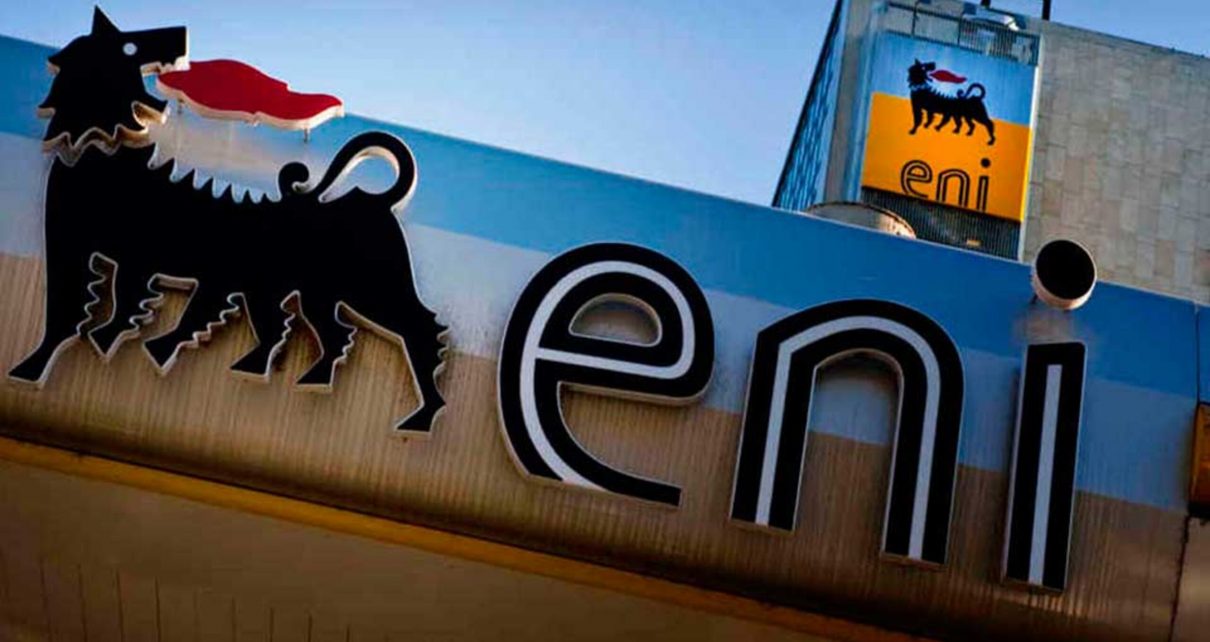Nigeria’s state oil corporation, NNPC Ltd., has raised concerns over Italy’s Eni subsidiary’s announcement of a deal to transfer onshore oil assets to local company Oando PLC. In a letter seen by Reuters, NNPC Ltd. contends that Eni’s subsidiary, Nigerian Agip Oil Company Ltd. (NAOC), failed to obtain NNPC’s consent before revealing the transaction. Such consent, according to NNPC, is a mandatory requirement as per their joint operating agreement (JOA).
NNPC emphasised that the absence of prior written consent represents a “grave breach” of the JOA. NNPC’s subsidiary, NNPC Exploration and Production Limited (NEPL), holds a 60% stake in the NAOC joint venture.
Eni, speaking on behalf of its NAOC Ltd. subsidiary, stated that there was no breach of the joint venture contract. Eni explained that while NNPC has a pre-emption right on the JV shares, Eni is not contractually obligated to inform NNPC in advance about the deal due to its price-sensitive nature for potential buyers. Eni assured that pre-emption procedures and other consents will be followed as required.
NNPC’s spokesperson, Garba Deen Muhammad, confirmed that NEPL sent the letter to NAOC but clarified that the letter did not constitute an objection to the transaction. Muhammad explained that NEPL aimed to draw attention to critical clauses in the JOA that might have been overlooked in error, to safeguard the transaction’s present and future integrity.
Oando declined to comment on the letter but expressed trust that NAOC would engage appropriately to address the concerns raised by NEPL. Oando also clarified that Eni had not assigned its 20% interest in the NAOC JV to Oando but had signed an agreement to sell 100% of the shares of NAOC Ltd., subject to regulatory and partner approvals and due diligence.
The conclusion of asset sales is considered crucial for attracting investment in onshore oil and gas assets. However, legal and regulatory complications have hindered similar deals in the past, including Exxon Mobil Corp.’s asset sale to local firm Seplat.
Nigeria, traditionally Africa’s leading oil exporter, has faced challenges in oil production due to theft and underinvestment in recent years. Most international oil majors, including Shell and Exxon, are in the process of onshore sales amid ongoing issues such as theft, oil spills, community conflicts, and more focused exploration budgets.
Oil majors in Nigeria have also grappled with legal disputes related to Niger Delta spills, often attributing them to pipeline sabotage and vandalism, as well as illegal refining.
A coalition of 10 environmental rights and community groups in the Niger Delta region has criticised the sale and called for the government to halt all major asset sales until community concerns are addressed. They emphasise the need for addressing ecological, health, economic, and social impacts in the region before any further asset transfers take place.


